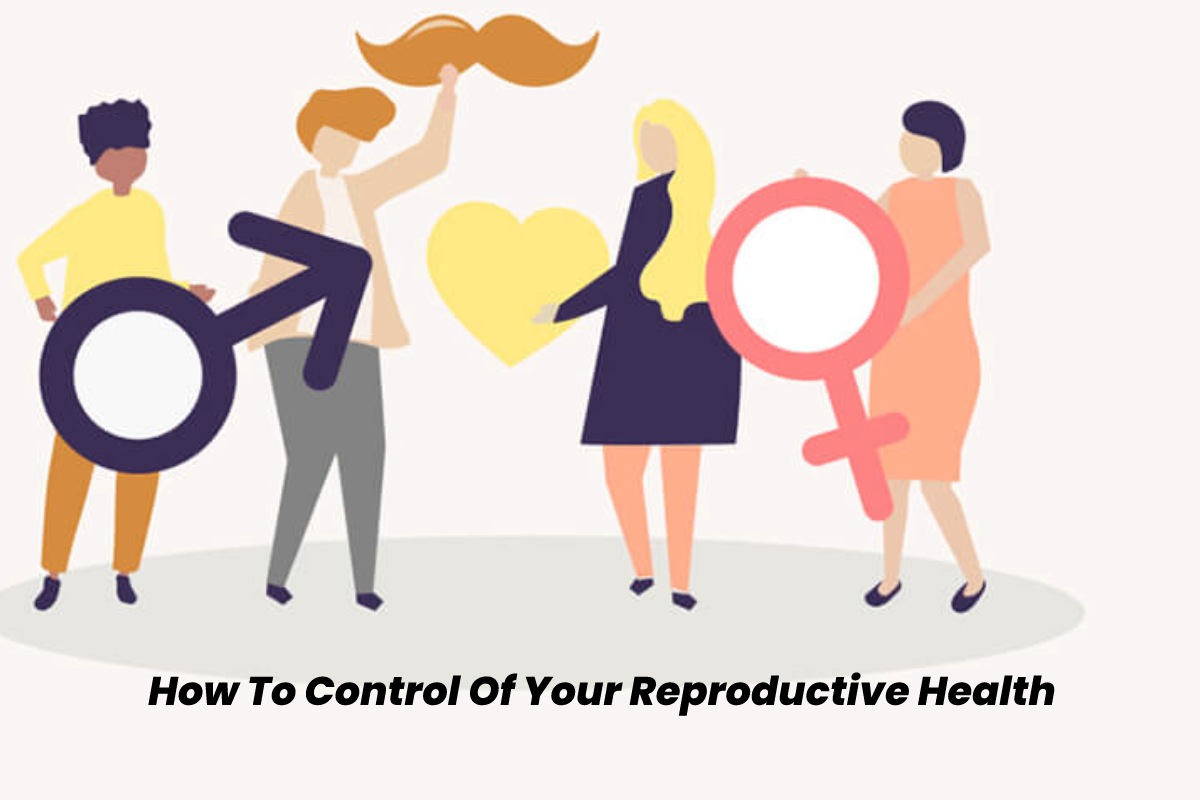Reproductive Health – Your sexual health should always be a priority. The good news is that it’s easy to take control of your sexual health by following a few simple steps.
-
Table of Contents
Schedule your Annual Wellness Visit
If you haven’t already, schedule an annual physical exam. A yearly check-up is an excellent way to protect yourself and your partner(s). Talking to your health care provider about questions or concerns about your sexual health can help your provider provide you with the resources and support you may need to feel comfortable. Always be honest with your healthcare provider. Being honest about your medical history can help identify possible risk factors and precautions.
-
Get Tested for HIV/STIs
HIV/STI testing is beneficial for anyone who is sexually active, whether or not you feel you need to get tested. Many STIs do not cause symptoms, and you or your partner(s) may be a carrier and not know it. Getting tested for HIV/STIs is worth the peace of mind, not to mention all the health benefits of early detection and treatment.
-
Planning for a Healthy Pregnancy
If you’re considering getting pregnant, taking care of your overall health by eating a healthy diet and talking to your healthcare provider is essential. You will discuss your medical history and any concerns you or your provider may have about your ability to get pregnant, your pregnancy, and your baby’s health. Your health care provider will also give you advice on a healthy pregnancy.
-
Consider Birth Control Options
There are many options for birth control, and choosing the proper method for you can be overwhelming. Fortunately, there are tools and people who can help! Check out our complete birth control guide and talk to your healthcare provider about which option is best for you.
-
Contact your Local NJFPL Medical Center
NJFPL Family Planning Medical Centers are located in every county in New Jersey. Services are available to everyone, regardless of gender identity, sexual orientation, citizenship status, how much you earn or whether you have health insurance. Find the one closest to you to make an appointment today.
Reproductive Health Tips
It is not easy being a woman. Women remain the primary educators and educators in any family. Those who work on the street face the additional challenge of balancing domestic responsibilities with career aspirations. Yet even as women fulfil their various roles, many neglect their health. And one aspect of health that is perhaps the most neglected is intimate hygiene: more than 75 per cent of all women are completely unaware of the need for a separate personal hygiene regimen. Most women seek remedial measures and go to the doctor only when they experience discomfort and irritation in their private areas. Though with the following simple and basic tips, you can take preventive measures and better control your hygiene.
Make Washing your Vagina Part of your Daily Routine.
Intimate grooming is not something you should only worry about when you feel uncomfortable. Regular care and preventive measures ensure that it always stays clean and healthy. Grooming should not be limited to washing only while bathing. The Women should wash their intimate areas 2-3 times, especially during the rainy season and menstrual cycles, to prevent infection.
Don’t Use Soap for Reproductive Health
The soap has a pH of 5.5, which matches your skin. However, the skin of the vagina is very delicate, so the pH balance is between 3.8 and 4.5. Maintaining a pH balance is essential to prevent vaginal dryness, soreness, and irritation and stop the growth of harmful bacteria.
Do Not Rub Your Intimate Area
Never rub or use a brush to clean your vagina. The skin of the vagina is very delicate and can be scratched and sore. Although, Use a soft towel to pat the area dry.
Wipe Front To Back
Always clean your intimate area from front to back. In other words, clean the vagina first and work your way back to the anus. It will prevent harmful bacteria that reside in the anus from infecting the vagina.
Use A Cleanser With Natural Ingredients
Artificial chemicals cause the vagina to dry out. However, natural chemicals like lactic acid help maintain the Ph balance and help restore smoothness to the vaginal area. Some Natural oils like tea tree oil and sea buckthorn oil are known for their calming properties and fresh, natural scent.
Wear Cotton Underwear
Cotton is the softest and most skin-friendly fabric. It provides air circulation and quickly wicks away moisture. While silk and satin underwear can be worn on special occasions, cotton underwear can be worn daily.
Wear Comfortable Clothes
Avoid tight clothing, as it restricts air circulation and causes unnatural contractions or folds in the vaginal area.
Also Read: Tips: How to Wake Up Early

